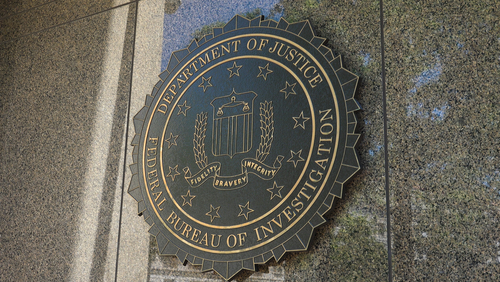The Department of Justice has partially disclosed Jack Smith’s report, raising significant questions about Donald Trump’s alleged election interference in 2020.
Report Insights and Legal Implications
The Department of Justice’s partial release of Jack Smith’s report details allegations of President Trump’s efforts to overturn the 2020 election. Smith, who assembled the findings during his tenure as special counsel, alleged Trump collaborated to disrupt the election certification and attempted to introduce alternate electors. His conclusions prompted the DOJ to evaluate the evidence’s viability in court. Yet, the DOJ refrained from prosecuting Trump following his 2024 election win and amid Supreme Court rulings affirming presidential immunity.
A federal judge has ruled that the DOJ can release Volume One of special counsel report Jack Smith's report covering his election interference case against Donald Trump. https://t.co/eRWRd71li0
— ABC 7 Chicago (@ABC7Chicago) January 14, 2025
Smith’s report conveyed a sense of certainty in the strength of the evidence gathered. It underscored that barring the constitutional prohibitions for sitting presidents would have made Trump’s conviction attainable. Smith emphasized, “Indeed, but for Mr. Trump’s election and imminent return to the Presidency, the Office assessed that the admissible evidence was sufficient to obtain and sustain a conviction at trial.” However, constitutional barriers remain a pivotal element in approaching such prosecutorial decisions.
The Justice Department has provided Congress with Volume One of special counsel Jack Smith's final report, detailing his election interference investigation into Donald Trump.
Read more: https://t.co/MY0Akn7Jd7 pic.twitter.com/S1WaNgUnOk
— ABC News (@ABC) January 14, 2025
Judicial and Prosecutorial Dynamics
The judicial journey was marked by a temporary block on the report’s release by U.S. District Judge Aileen Cannon. However, upon appeal, the 11th Circuit Court upheld the report’s release with conditions to allow for any subsequent appeals. The report’s findings, notably reflecting Smith’s allegations of Trump’s “unprecedented criminal effort to overturn the legitimate results of the election,” offer a comprehensive view into the legal challenges and considerations encompassing the DOJ’s final judgment.
Smith addressed speculation regarding potential political factors influencing the prosecution, affirmatively stating his decisions remained objective and fact-driven. “Throughout my service as Special Counsel, seeking to influence the election one way or the other or seeking to interfere in its outcome played no role in our work,” Smith clarified. This declaration aims to dispel notions of political bias, assuring the public of the report’s integrity.
Endgame: Legal Outcomes and Political Discourse
Ultimately, the legal processes intersected critically with constitutional interpretations and political spheres. Trump’s legal team viewed the DOJ’s decision to halt prosecution as a “complete exoneration,” underscoring how judicial confines shaped prosecutorial choices. Meanwhile, Jack Smith maintained that the case highlighted crucial aspects of federal interests, particularly concerning the Capitol breach, stating, “While we were not able to bring the cases we charged to trial, I believe the fact that our team stood up for the rule of law matters.”
The report’s selective disclosure presents an opportunity for public reflection on the balance of power, accountability, and constitutional governance. As legal experts and the public scrutinize these findings, implications for future administrations and potential reforms continue to emerge in political discourse, marking this as a pivotal moment in American legal and political history.
Sources:
https://www.yahoo.com/news/jack-smith-final-report-trump-055720549.html
https://time.com/7206626/special-counsel-jack-smith-report-donald-trump-2020-election-interference/

